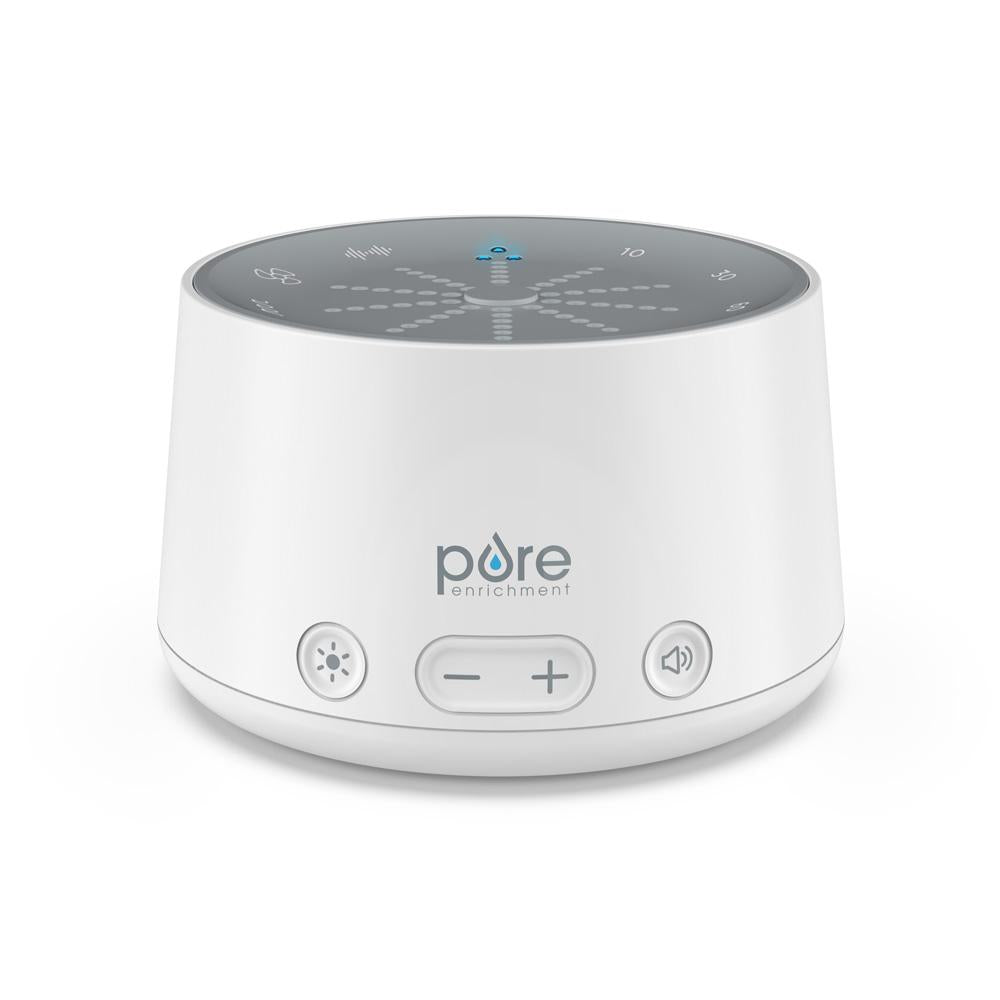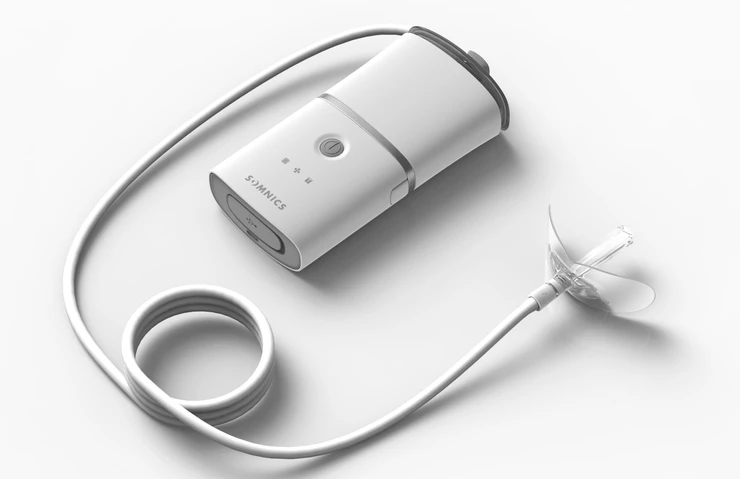Cognitive Behavioral Therapy for Insomnia (CBT-I) - Proven Approaches
Cognitive Behavioral Therapy for Insomnia (CBT-I) - Proven Approaches
Blog Article
Effective Treatment Solutions for Managing Sleep Disorders and Enhancing Restful Rest
In the world of healthcare, the administration of sleep problems and the mission for peaceful rest are crucial elements of general well-being. Reliable treatment services offer a diverse strategy to deal with these challenges, ranging from cognitive behavioral treatments to all natural techniques that promote leisure and mindfulness. The expedition of numerous approaches, including the combination of medicine and light treatment, opens a realm of opportunities in the quest of far better rest top quality. As we navigate the detailed landscape of rest disorders and look for to boost our rest experience, a much deeper understanding of these therapy options may hold the trick to opening a much more rejuvenating and fulfilling corrective journey.
Cognitive Behavior Modification for Sleeplessness (CBT-I)
Cognitive Behavior Modification for Sleeplessness (CBT-I) is a structured, evidence-based treatment strategy that concentrates on addressing the hidden factors contributing to sleep disruptions. This kind of therapy intends to customize behaviors and ideas that aggravate sleeping disorders, eventually advertising healthy rest patterns. CBT-I generally involves a number of key components, including cognitive therapy, rest limitation, stimulation control, and rest hygiene education.
Cognitive therapy assists people identify and alter adverse idea patterns and beliefs regarding rest that may be hindering their capability to fall or stay asleep. Sleep limitation entails restricting the quantity of time spent in bed to match the individual's real rest period, thus enhancing sleep efficiency (insomnia solutions). Stimulus control techniques help establish a solid association between the bed and rest by urging individuals to visit bed only when sleepy and to avoid involving in promoting tasks in bed
Additionally, sleep health education focuses on establishing healthy rest routines, such as keeping a regular sleep schedule, creating a relaxing going to bed routine, and optimizing the sleep environment. By attending to these variables adequately, CBT-I supplies a reliable non-pharmacological treatment for managing sleeplessness and improving total sleep top quality.
Sleep Health Practices
Having developed the foundation of cognitive restructuring and behavior adjustments in resolving sleeping disorders through Cognitive Behavioral Treatment for Insomnia (CBT-I), the focus now moves in the direction of discovering necessary Rest Hygiene Practices for keeping optimal sleep high quality and overall well-being.
Rest health practices include a variety of practices and ecological factors that can substantially impact one's ability to drop asleep and remain asleep throughout the evening. Regular sleep and wake times, creating a relaxing going to bed regimen, and enhancing the sleep atmosphere by keeping it dark, peaceful, and cool are important components of great rest hygiene. Restricting exposure to screens prior to bedtime, avoiding stimulants like caffeine close to going to bed, and involving in regular physical task throughout the day can likewise advertise better sleep top quality.
Furthermore, exercising relaxation strategies such as deep breathing workouts or reflection prior to bed can aid relax the mind and prepare the body for sleep. By integrating these rest health methods right into one's day-to-day regimen, individuals can develop a healthy and balanced sleep pattern that sustains peaceful rest and general health.
Relaxation Methods and Mindfulness
Carrying out leisure strategies and mindfulness techniques can play a critical function in fostering a feeling of calmness and advertising high quality rest. In addition, led images can aid transfer individuals to a serene place in their minds, helping in stress reduction and enhancing sleep high quality.
Mindfulness techniques, such as reflection and yoga exercise, are additionally reliable in advertising relaxation and boosting rest. Mindfulness motivates people to remain present in the minute, letting go of fears regarding the past or future. By incorporating these techniques right into a going to bed routine, people can signal to their bodies that it is time to unwind and prepare for sleep. In general, integrating relaxation strategies and mindfulness techniques can considerably contribute to managing rest problems and improving total rest top quality.

Medication Options for Rest Disorders
After discovering leisure techniques and mindfulness methods as non-pharmacological treatments for boosting rest high quality, it is necessary to consider medication her comment is here choices for people with rest disorders. In situations where lifestyle adjustments and therapy do not give enough relief, medicine can be a useful tool in managing rest disturbances.
Typically prescribed medicines for rest disorders consist of benzodiazepines, non-benzodiazepine hypnotics, antidepressants, and melatonin receptor agonists. Antidepressants, such as trazodone, can be advantageous for people with co-occurring anxiety and sleep disturbances - sleep disorder treatment.
It is essential for individuals to seek advice from a doctor to figure out the most suitable drug alternative based upon their specific sleep condition and medical history.
Light Treatment for Circadian Rhythm Policy
Light therapy, likewise recognized as phototherapy, is a non-invasive treatment technique used to manage body clocks and improve sleep-wake cycles. This treatment entails direct exposure to bright light that imitates all-natural sunlight, which helps to reset the body's body clock. By revealing individuals to particular wavelengths of light, usually in the early morning or evening nocturnal sleep disorder depending upon the wanted effect, light therapy can properly change the body clock to promote wakefulness throughout the day and improve relaxed rest at night.
Research study has actually revealed that light therapy can be specifically valuable for individuals with body clock disorders, such as delayed rest phase disorder or jet lag. It can also be helpful for those experiencing seasonal depression (SAD), a kind of depression that normally happens throughout the wintertime months when natural light exposure is decreased. Light treatment is typically well-tolerated and can be utilized combined with other treatment methods for rest problems to maximize end results and enhance overall sleep quality.
Verdict
To conclude, reliable treatment options for taking care of sleep conditions and improving relaxing sleep consist of Cognitive Behavior modification for Insomnia (CBT-I), rest health methods, relaxation methods and mindfulness, medicine alternatives, and light therapy for body clock policy. These methods can assist people boost their rest quality and total health. It is very important to speak with a doctor to identify the most appropriate approach for attending to rest problems.
As we navigate the detailed landscape of sleep conditions and seek to enhance our sleep experience, a much deeper understanding of these treatment remedies may hold the secret to unlocking a more rejuvenating and meeting corrective trip.
Sleep restriction involves limiting the amount of time spent in bed to match over here the person's real sleep period, consequently boosting sleep efficiency. Consistent sleep and wake times, developing a relaxing going to bed routine, and optimizing the rest setting by keeping it dark, quiet, and cool are vital elements of great rest hygiene. Light therapy is usually well-tolerated and can be made use of in conjunction with other treatment approaches for rest conditions to enhance outcomes and improve general rest quality.

Report this page